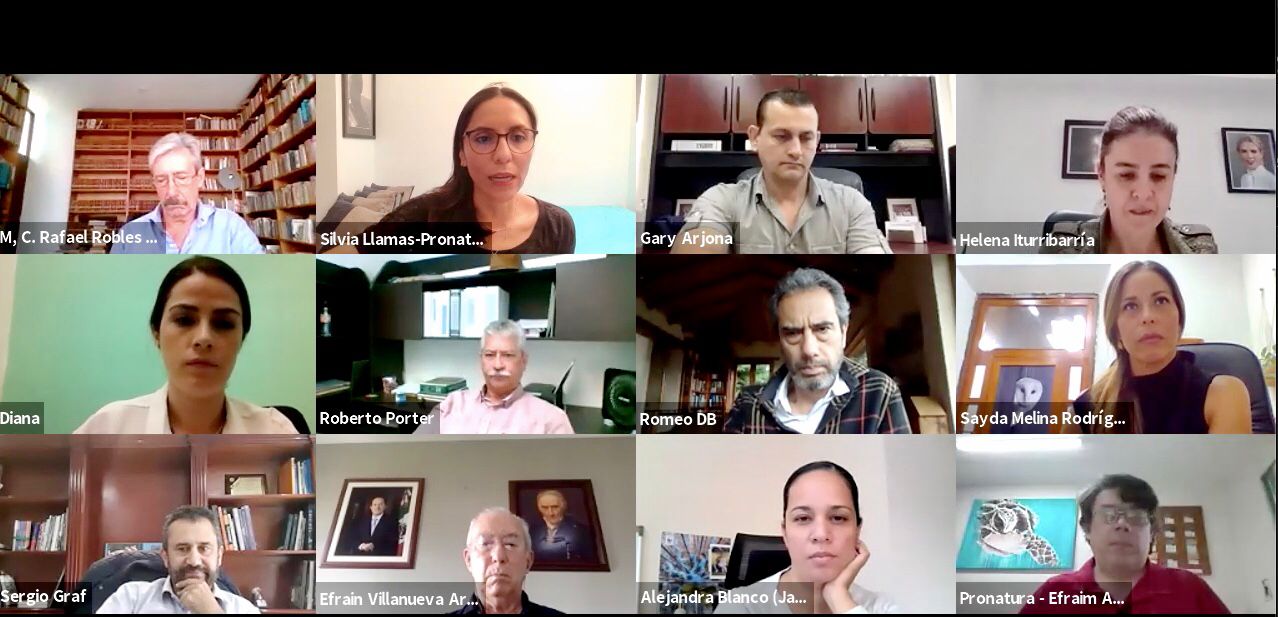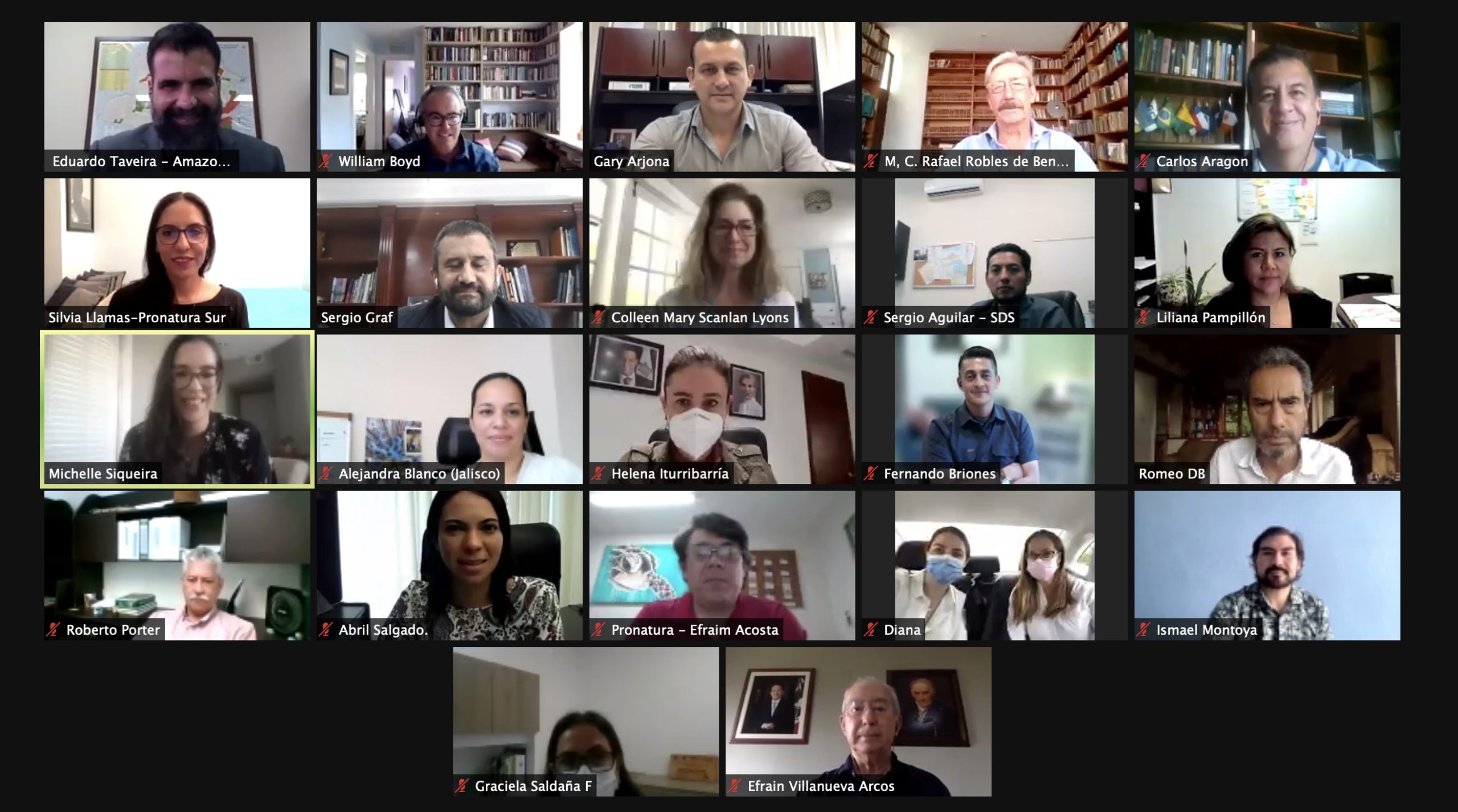Plan promotes low emissions development, reduction of tropical deforestation, create forest-based economies, and protect rights of Indigenous Peoples
On June 28, the GCF Task Force kicked off a series of regional meetings to develop the Manaus Action Plan, which is part of a global effort at the level of subnational government to promote low emissions development, reduce tropical deforestation, create forest-based economies, and protect the rights of Indigenous Peoples and local communities across member states.
Secretaries and delegates from the Mexican states attended the first meeting, as well as Eduardo Taveira, Secretary of Environment of Amazonas and 2021 GCF Task Force Chair. Yucatán was selected as the Vice Chair of the Mexico region, and will lead the consultations and construction of the regional proposal of the Plan.
Four pillars guided the planning process to ensure the needs of the Mexico region are met: 1) Knowledge, Technology, and Innovation, 2) Government and Public Policies, 3) People and Communities, and 4) Finance. One of the biggest challenges in this process was addressing the gap between political will and political action. This will be achieved by creating sustainable financial mechanisms – one of the most strategic components of Mexico´s regional action plan.
Eduardo Taveira, Secretary of Environment, Amazonas said, “This is a very important moment for the GCF Task Force, because the Manaus Action Plan is a guiding document at a global level, which will become a guarantee of adequate public policies for the conservation of forests, for the reduction of climate change impacts, with significant impacts on the quality of life of traditional populations and on the reduction of poverty in these areas.”
Sayda Rodriguez, Secretary of Sustainable Development, Yucatán remarked, “We need to focus this planning in Mexico. The 4 pillars of the “Manaus Action Plan” help us demonstrate how environmental and zero deforestation efforts translate into economic and social benefits for communities, and thus seek not only political commitment but active engagement at the inter-sectoral level.”


